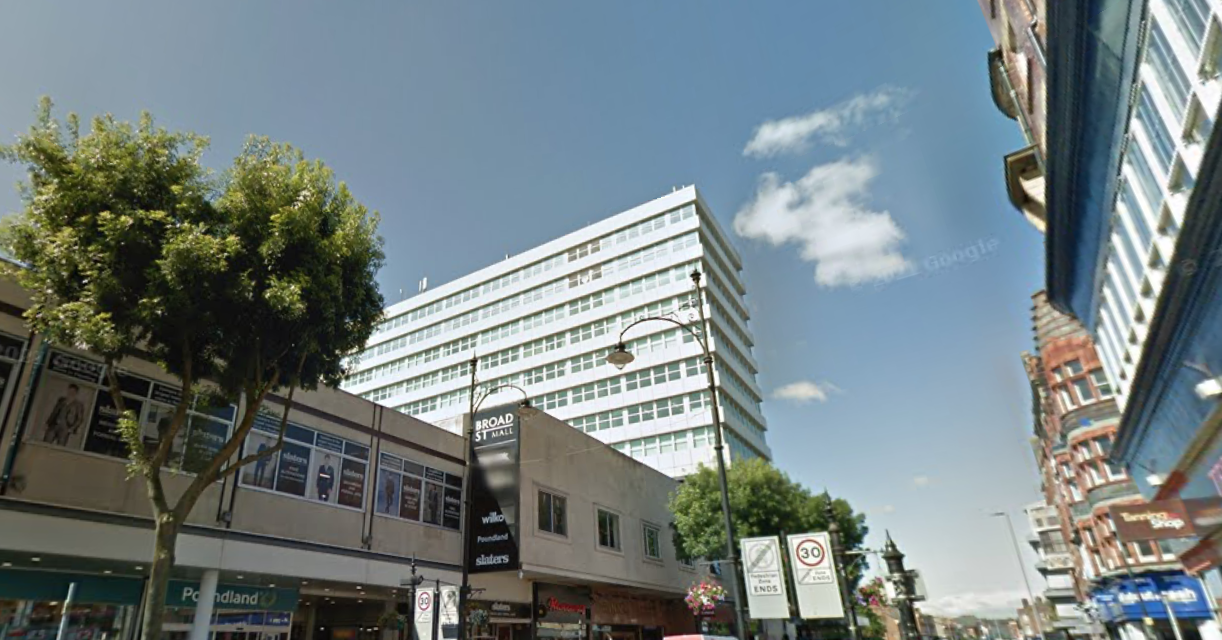Councillors in Reading have voted to seek an Article 4 Direction to prevent future Permitted Development Rights (PDR) schemes bypassing the planning process.
Reading Borough Council’s policy committee approved the proposal at its September 23 meeting although it will not come into force until October 31, 2022 and will need to be approved by the Secretary of State.
The Article 4 Direction will apply to the town centre, many local retail centres and employment areas as well as areas of poor air quality. It will mean developers will have to go through the normal planning process rather than be able to convert buildings (typically offices to homes) without planning permission.
The ‘non-immediate’ Article 4 Direction was chosen to avoid possible liability to landowners.
Cllr Tony Page, lead member for strategic environment, planning and transport, told the meeting that nationally there is cross-party agreement that PDR schemes are detrimental.
He said: “They were detrimental enough before the pandemic but, subsequent to the pandemic, with the impact it has had on our high streets, these PDR changes are potentially catastrophic and will render us unable to assist the planned recovery of our high streets.
“The LGA is lobbying nationally across all parties for support and hopefully the new Secretary of State might be a bit more open to the representations that are being made because, remember, originally the changes that were made by Eric Pickles were only temporary, for the period of that Parliament up to 2015, and then were made permanent, much to the horror of everybody in local government.”
Cllr Page said the cost of PDR to Reading Borough Council includes:
- £1.75 million in planning fee income
- 600 affordable homes
- At least £3.5m in off-site contributions
- £4m in education, leisure and transport contributions
He went on: “This is not some arcane matter. These are Permitted Development Rights that not only undermine our planning role but have had a serious impact on our coffers and our ability to help the most vulnerable in terms of affordable housing and our general investment in environment, education, leisure and transport.”
Cllr Ricky Duveen argued that there is likely to be pushback from the Government but chair of the committee and leader of the council Cllr Jason Brock said he expects pushback from the Secretary of State and the Department for Levelling up.
But he added: “It will be incumbent upon them to justify why they think it’s ok to keep Permitted Development and the creation of the slums of the future.
“We can’t allow an intolerable situation to continue without some form of protest or considered representation that allows our town to be shaped and reshaped without any democratic input, and which delivers sub-optimal accommodation, to put it nicely, and, in some cases, truly awful accommodation that is barely fit for human habitation.”
But Mark Campbell, head of planning at new Thames Tap partner Evans Jones Ltd believes the move to restrict Permitted Developments Rights in Reading is a misstep in tackling the country’s housing crisis.
He said: “Whilst it is understood that Permitted Development schemes have, at times, led to a poor standard of development, many of the schemes bought forward under these provisions have also led to good quality conversions that has helped to bring life back into our town centres.
“Recent changes to Permitted Development Rights have sought to address some of the previous failings in such schemes, the requirement to have natural light and meeting the national internal space standards are examples of this.
“The planning system is slow with decisions taking well over statutory timeframes and appeals are not being decided for at least six months.
“As such, to have a well-rounded planning system we need Permitted Development Rights to provide a suitable level of housing more quickly, helping to boost housing supply and bring back into use vacant buildings.
“As such, I do not believe that blanket Article 4 Directions are appropriate, and I hope the Secretary of State resists such moves. At the same time, the Government needs to properly acknowledge the issues within the planning system, one of the biggest of which is proper funding for local authorities to carry out their planning functions efficiently, rather than tinker at the edges as it has done so in recent years.”
See also: Mark Campbell suggests higher fees could tackle underfunded local authority planning services.
Image (Google) shows Fountain House, one of the office buildings most recently-consented for PDR conversion.
ukpropertyforums.com/reading-seeks-article-4-direction-to-halt-pdr-schemes© Thames Tap (powered by ukpropertyforums.com).
Sign up to receive your free weekly Thames Tap newsletter here.













